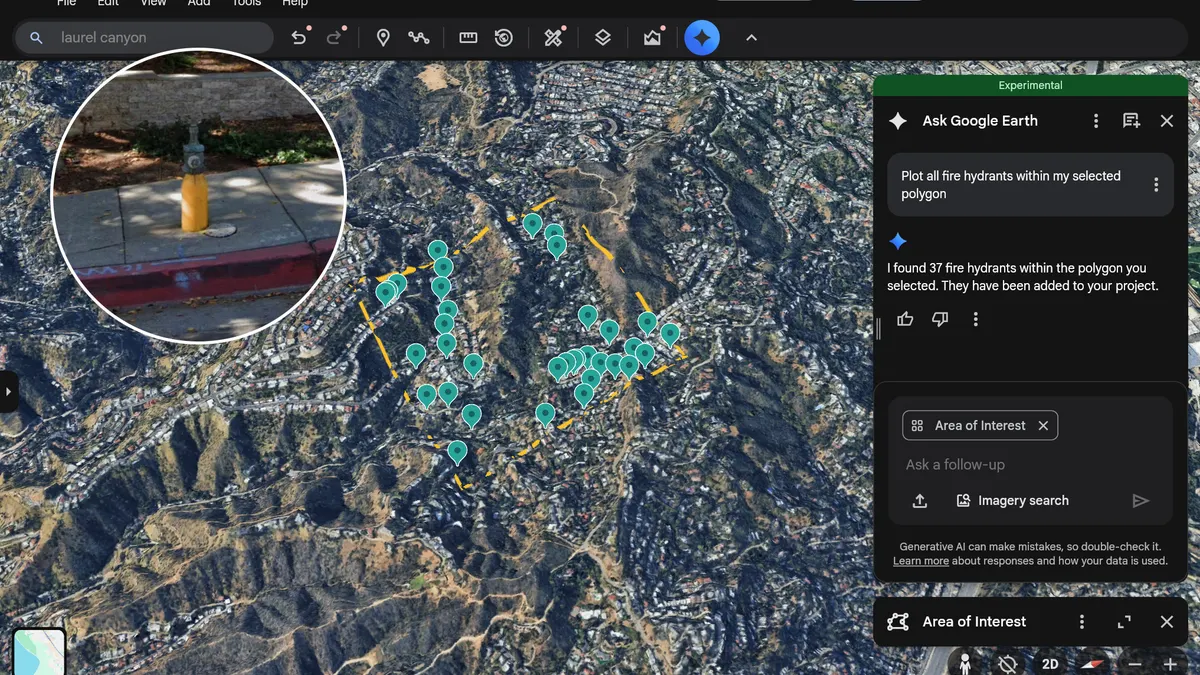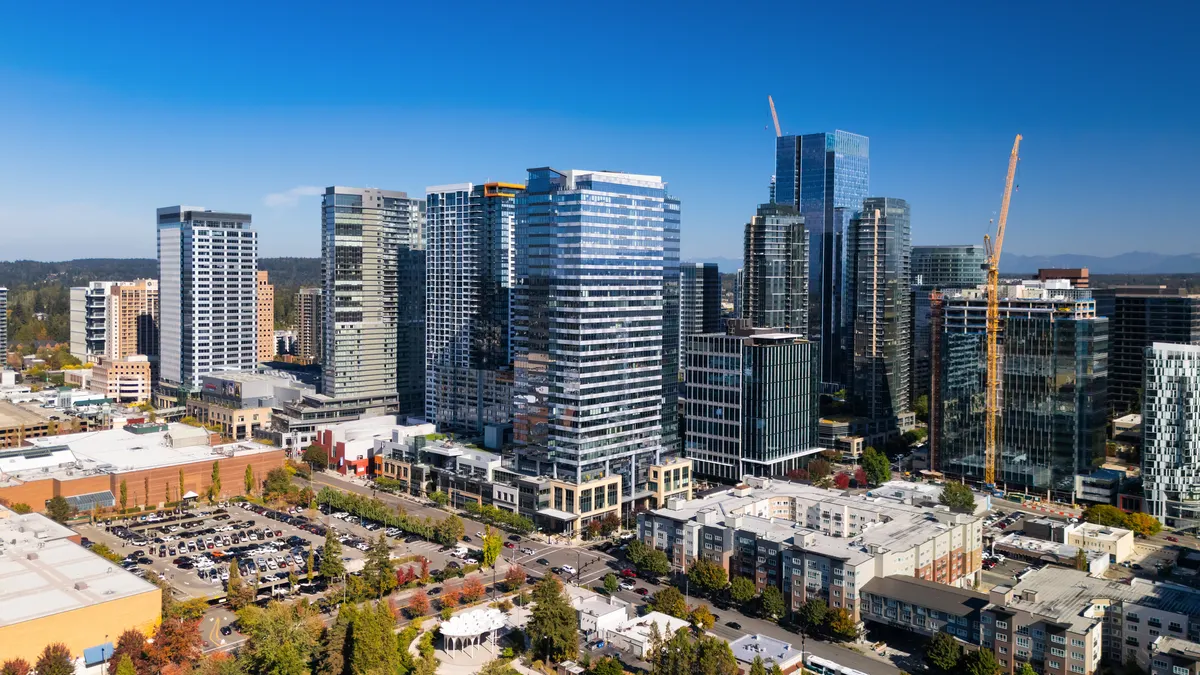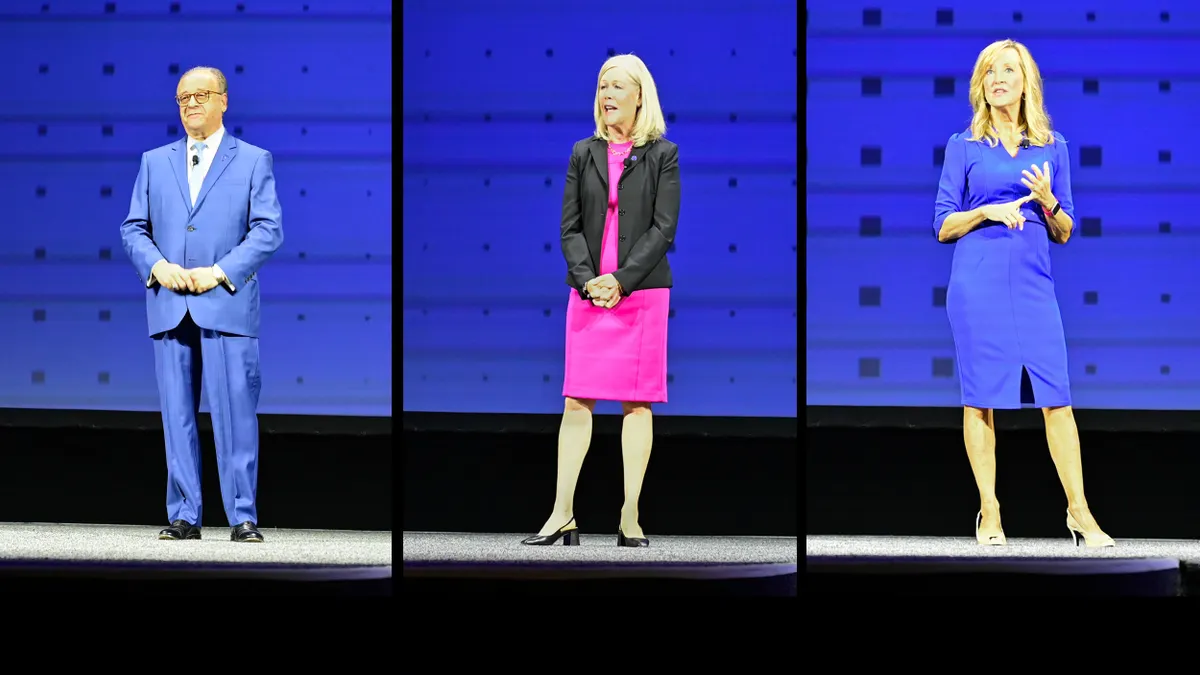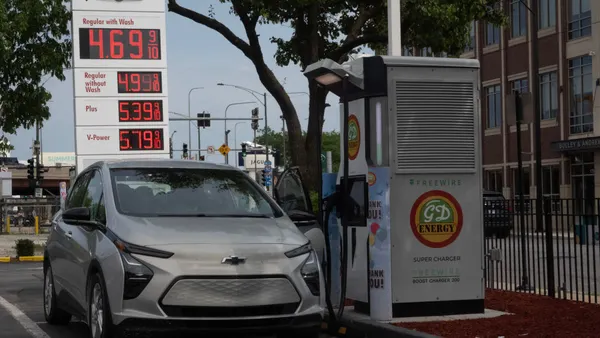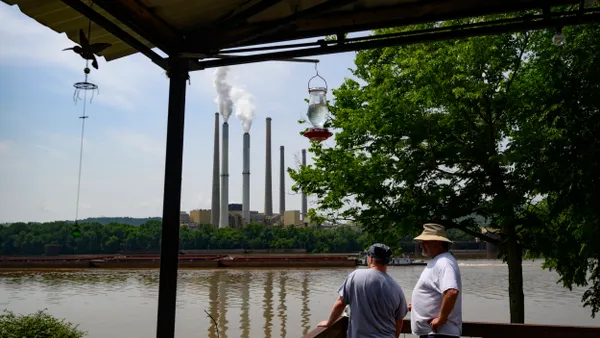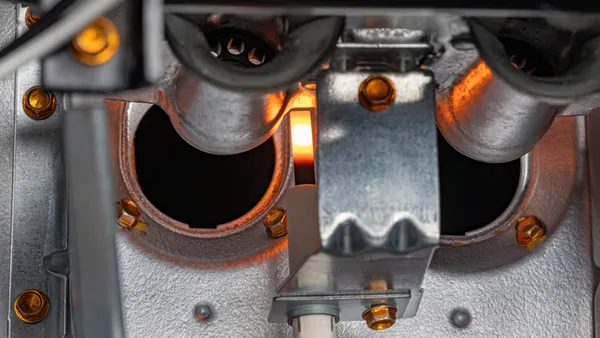Dive Brief:
- As federal climate policy retreats from clean energy, cities are stepping up. Local action is more powerful and more achievable than ever, according to a report released yesterday from America Is All In, a coalition supporting climate action.
- Local governments can slash emissions by expanding renewables, reducing methane emissions; electrifying appliances, homes and buildings; and deploying other targeted policies, the report found.
-
“Our findings show that innovative local policies and market-driven clean technology investments can keep the U.S. on a path toward significant emissions reductions, even in challenging times,” stated Nate Hultman, director at the University of Maryland Center for Global Sustainability, which led the analysis.
Dive Insight:
President Donald Trump withdrew the U.S. from the Paris Agreement, an international treaty signed by world leaders in 2015 to substantially reduce greenhouse gas emissions, during his first day in office. Trump has called climate change “the greatest con job ever perpetrated on the world.”
The Trump administration hasn’t said whether it will attend next month’s United Nations climate summit in Brazil to assess Paris Agreement progress. A coalition of 17 Republican state attorneys general urged the administration not to attend in an Oct. 23 letter to the secretaries of Energy and the Interior and the Environmental Protection Agency administrator.
“We have not stepped away from working globally to meet the goals of the Paris Agreement,” stated America Is All In Managing Co-chair and former EPA Administrator Gina McCarthy. “Governors, mayors, the private sector, and more continue to push forward, driving our transition to clean energy.”
The report found local governments can close much of the gap left by the federal government through local regulatory authority, aligning sustainability with affordability and collaborating regionally. The report focused on these key areas:
1. Accelerate clean energy deployment
Cities can set carbon pricing and local renewable energy targets; invest in distributed energy resources like rooftop solar, battery storage, electric vehicles and heat pumps; and stabilize local grids with microgrids and virtual power plants.
2. Decarbonize transportation
Cities can adopt EV-ready ordinances for new buildings and parking facilities, transition municipal fleets to electric vehicles, expand public charging infrastructure and promote policies such as congestion pricing, access to transit and public transit incentives.
3. Strengthen building efficiency
Cities can update local building codes to mandate Leadership in Energy and Environmental Design certification, solar-ready wiring and EV charging stations, offer green-building incentives and benchmark buildings’ energy use.
4. Transition to sustainable procurement
Cities can transition municipal contracts to purchase low- or zero-emission commodities and building materials and form coalitions with organizations, states and other local jurisdictions to purchase low-carbon industrial materials.
5. Advance circular economy and urban forestry
Cities can mandate composting and recycling programs, adopt zero-waste targets and construction material reuse policies and expand urban tree canopy and restoration efforts.







